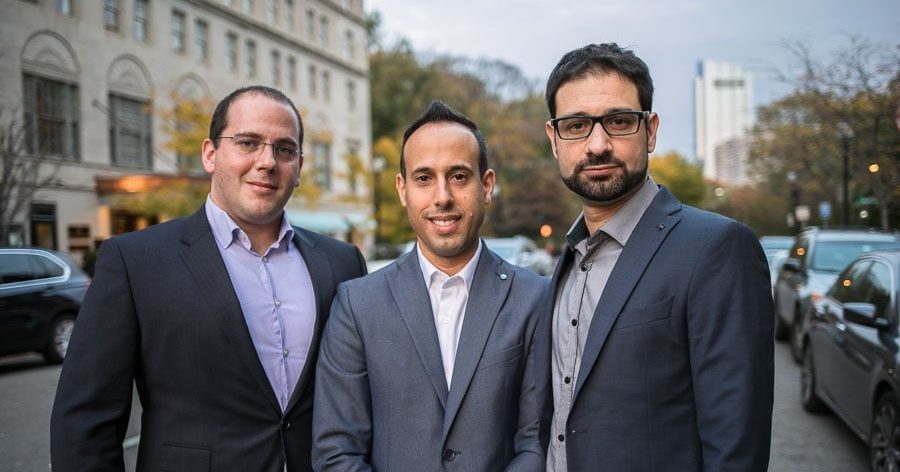American-Israeli cybersecurity startup Cybereason has raised $200 million in a funding round led by Japanese tech giant SoftBank and its affiliates, the company announced on Tuesday.
Founded in 2012 by Lior Div, Yossi Naar, and Yonatan Amit, Cybereason offers clients endpoint detection and response (EDR), next-generation antivirus (NGAV), and active monitoring services, through its Cyber Defense Platform. The company is headquartered in Boston, with offices in London, Tel Aviv, and Tokyo, and employs some 500 people.
Previous investors in the company include Lockheed Martin, Spark Capital, CRV.
“Cybereason’s big data analytics approach to mitigating cyber risk has fueled explosive expansion at the leading edge of the EDR domain, disrupting the EPP (Endpoint Protection Platform) market. We are leading the wave,” said Div in a company statement. “We help all security teams prevent more attacks, sooner, in ways that enable understanding and taking decisive action faster.”
Over the past two years, Cybereason said its customer base increased by more than 300 percent with over 6 million of endpoints under protection.
With the additional capital, Cybereason said it plans to ramp up operations worldwide while further developing its EPP offering, and investing in core R&D and strategic partnerships.
“Cybereason will also build the world’s first full-stack offering for truly Autonomous Security. This is a big data problem that all security operations centers run into and Cybereason will solve with machine learning and AI,” the company said.
Marcelo Claure, Chief Operating Officer at SoftBank Group, said, “Cybereason plays a leading role in helping companies manage cybersecurity risks and protect people’s information. AI-driven technology like Cybereason’s is helping secure our increasingly connected world.”
In late June, Cybereason announced that it uncovered a massive hacking operation that involved nearly a dozen global telecom companies and huge amounts of stolen personal data from individuals across multiple continents as part of an alleged spying operation with possible links to China.
Cybereason’s nine-month investigation, dubbed “Operation Soft Cell,” found that the hacking campaign spanned at least seven years and involved the theft of call records from cellular network providers so that hackers could conduct surveillance on targeted individuals likely working in law enforcement, government, and politics.
The multi-wave attacks focused on obtaining data of specific, high-value targets and resulted in a complete takeover of the network. The attackers compromised companies in more than 30 countries, Cybereason said.
Related posts

Israeli AI Safety Tool Among TIME’S Best Inventions For 2024

TAU Team Discovers Mechanism To Eliminate Cancerous Tumors

Ashdod Port Investing In Startups As Part Of Innovation Strategy




Facebook comments